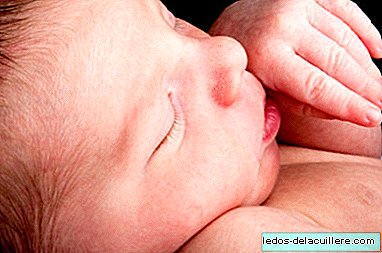
Currently, one in ten children in the world is born prematurely, a circumstance that should be given attention because it has become the leading cause of death in young children. Too many babies arrive in the world too soon and need special care to get ahead.
There is much research focused on the study of the brain of premature babies, and one of the most recent, led by Kings College London, notes that premature birth alters the baby's brain connections.
The baby's brain forms inside the mother's womb and develops until birth, but also continues during the first years of life.
The researchers focused on the study of children's brain development born before the 33rd week of pregnancy to understand why premature birth is linked to an increased risk of neurological development problems, including autism spectrum disorders and attention deficit disorders.
The authors verified that these children had less connectivity between areas of the thalamus and specific areas of the cortex of the brain known to support superior cognitive functions, but also more connectivity between the thalamus and an area of the primary sensory cortex that is involved in the processing of signals from the face, lips, jaw, tongue and throat.
They also observed that the more premature the baby is, more marked were the differences in the pattern of brain connectivity. The strongest connections would be linked to their early exposure to breastfeeding and the bottle, while lower connectivity would be related to a higher incidence of learning, concentration and social difficulties in childhood.












